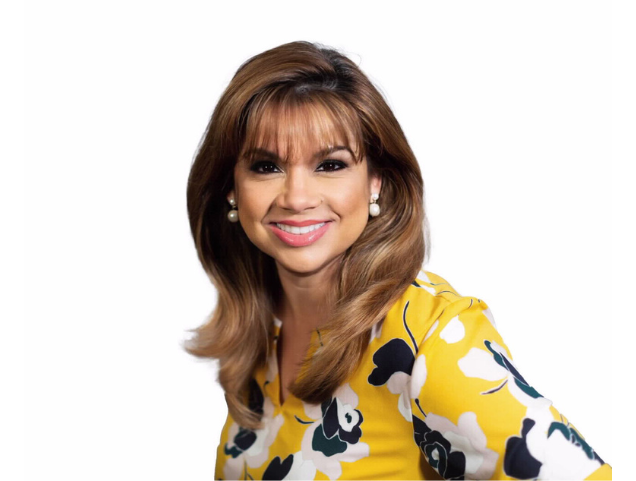Latinos today have few conservative choices if they want to get their news in Spanish, and that’s a serious problem. When one of the fastest-growing and most influential communities in America hears only one side of the story, it not only shapes opinions but also influences the country’s future. The absence of differing opinions in Spanish-language media limits how millions of Hispanics understand freedom, opportunity and the American Dream.
When I was growing up, Spanish-language television was my family’s primary source of entertainment. We gained a connection to our parents’ native country while learning the language and experiencing narratives that reflected our identity — core beliefs that English TV shows could not provide.
Spanish-language television entered the United States in the 1950s to serve growing Hispanic communities that were largely invisible to the media. KCOR-TV in San Antonio was the first to recognize the need to create content that would reach Spanish-speaking families in America.
By the 1970s, the Spanish International Network was created, later evolving into Univision, and Telemundo established itself as a major television network for Hispanics. Through the years, we’ve seen Spanish-language legacy media in print and broadcast lose its diverse range of voices. Instead, a single, progressive partisan message has taken hold, defending a particular perspective.
Major media organizations receive support from progressive donors, who have dedicated major resources to eliminating conservative Hispanic media outlets that opposed the prevailing political views.
Spanish-language networks have abandoned their mission to show the complete range of Latino perspectives because of their focus on progressive viewpoints. Even worse, Hispanic legacy media present conservative ideas through an ideological framework that frequently implies that Hispanic conservatives are somehow disloyal to their heritage, alienating Hispanics, including youth, from their traditional values. The absence of diverse viewpoints, along with underrepresented voices, creates a void in cultural and political influence.
Fortunately, that absence no longer exists, thanks to the establishment of Fox Noticias in 2024.
The one-hour weekday show set forth a path to fill the information gap with alternative news options by providing Spanish-speaking viewers with nationally recognized news coverage that reflects the core values of Hispanic families, including faith, family, hard work and patriotism.
Fox Noticias launched with the support of Rachel Campos-Duffy, who serves as its founding anchor. She brings her perspective as a Latina journalist and longtime member of the Fox News team. Millions of bilingual and Spanish-speaking Latinos find Fox Noticias to be a welcome change because it presents a dialogue instead of a monologue. The network portrays its audience as autonomous decision-makers who seek information, rather than viewing them as victims.
Critics view Fox Noticias as a conservative initiative, but they fail to understand its true purpose. It’s about choice. The English-speaking audience has access to numerous news sources that represent a wide range of political perspectives. Spanish-speaking audiences deserve access to the same variety of information.
The United States is home to more than 62 million Hispanics who make up 19 percent of the population. The Spanish news consumption rate reaches 21 percent among Hispanic viewers, and bilingual news platforms serve additional millions of users. The news consumption habits of immigrant communities show that 40 percent of Latinos rely on Spanish-language media for their news.
The Latino community’s expanding political and economic strength will thrive only if there is a complete understanding from all citizens of what makes the United States great. The political bias of Spanish-language media outlets creates an environment that prevents citizens from achieving genuine civic engagement and critical thinking.
The first anniversary of Fox Noticias is more than a media milestone; it’s a cultural correction. It represents the revival of ideological balance in Spanish-language news and a call for more outlets to join this mission.


